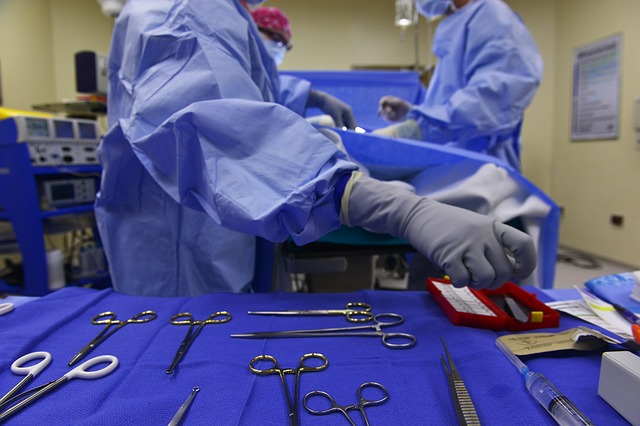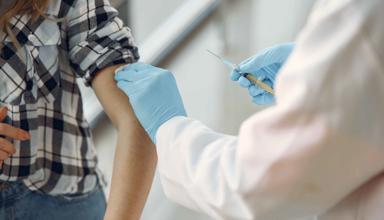Article by Megan Jones, National Assembly for Wales Research Service
On 1 December the Human Transplantation (Wales) Act 2013 came into full effect, making Wales the first country in the UK to introduce an opt-out system for organ and tissue donation. 
According to the Welsh Government, most people support organ donation, but haven’t registered their decision to be a donor, nor spoken to their family about their wishes. The Welsh Government’s organ donation website states:
- 9 out of 10 people support organ donation, but only 33% of people in Wales have put their names on the Organ Donor Register.
- In 2011-12, around 250 people who died in Wales were potential organ donors, but only 67 people actually became organ donors.
- In 43% of cases where organ donation is possible, families say no to donation because they don’t know whether their loved one wanted to be a donor.
The Welsh Government says the new system will be clearer as family members approached about organ donation will know their relative could have opted out but chose not to. It believes the new system could help increase the number of donors by 25 per cent in Wales. How has the law changed? Before 1 December the organ donation system relied on individuals giving their express consent to the donation of their organs, such as by registering on the NHS Organ Donor Register. If an individual had not given their express consent, their next of kin would be asked to make a decision about organ donation following the individual’s death. Following the introduction of the Act, people living in Wales have three options:
- If they want to be an organ donor, they can either register to be a donor (opt-in) on the NHS Organ Donor Register or do nothing.
- If they do nothing, it will be presumed that they have no objection to donating their organs. This is known as ‘deemed consent’.
- If they do not want to be a donor, they can register not to be a donor (opt-out) on the NHS Organ Donor Register.
The organs and tissues that can be donated under the opt-out system are the same as those covered by the previous system, which includes:
- Kidneys
- Heart
- Liver
- Lungs
- Pancreas
- Small bowel
- Corneas and sclera (from the eyes)
- Valves and pericardium (from the heart)
- Skin
- Bone
- Tendons and cartilage
If an individual wishes to donate only certain organs, they can join the NHS Organ Donor Register and choose to donate all organs or only specific organs. Soft opt-out system The new organ donation system is known as a soft opt-out system, rather than a hard opt-out system. This soft opt-out system means that consent is deemed to have been given unless the deceased objected during their lifetime, but the family will still be involved in the decision-making process. The family will be involved in discussions both to provide information about the person’s residency and medical history, as well as to say whether they knew that the deceased person had an objection to organ donation. If the deceased person did have such an objection, organ donation would not go ahead. However, an objection must be based on the known views of the deceased, rather than the views of the family. If family members cannot be contacted, the organ donation will not go ahead. NB: In a hard opt-out system families would not be consulted about organ donation if consent were expressly given or deemed to have been given. Who will be affected by the new organ donation system? The organ donation opt-out system will apply to all adults who have lived in Wales for more than 12 months, who die in Wales, and have not registered a decision on the NHS Organ Donor Register. ‘Deemed consent’ will not automatically apply to:
- Those who die outside of Wales, even if they normally live in Wales.
- Children and young people under 18.
- People who have lived in Wales for less than 12 months.
- Visitors to Wales.
- Serving regular military personnel.
- Prisoners.
- People who may lack mental capacity to make a decision.
- ‘Novel’ forms of transplantation such as face or limb transplants or the use of reproductive tissues.
- People who have registered an opt-in decision or an opt-out decision on the NHS Organ Donor Register.
- People who have appointed a representative to make a decision about organ donation.
- People whose family can show they did not want to be a donor.
Those already on the NHS Organ Donor Register If an individual has already joined the NHS Organ Donor Register they still have the same options as anyone else:
- They can stay on the NHS Organ Donor Register. This will be treated as a decision to be a donor.
- They can remove their details from the NHS Organ Donor Register. This will mean that they have no registered decision, and that they will be treated as having no objection to organ donation and deemed consent could apply.
- They can register a decision not to be a donor, and opt-out.
Where will the donated organs be used? Wales will continue to share a transplant waiting list with the rest of the UK and organs will continue to be allocated on the basis of clinical need and finding a suitable match. Therefore organs donated in Wales can be used for transplants across the UK, and vice versa. For more information on the passage of the legislation, see the Bill page on the Assembly website.




